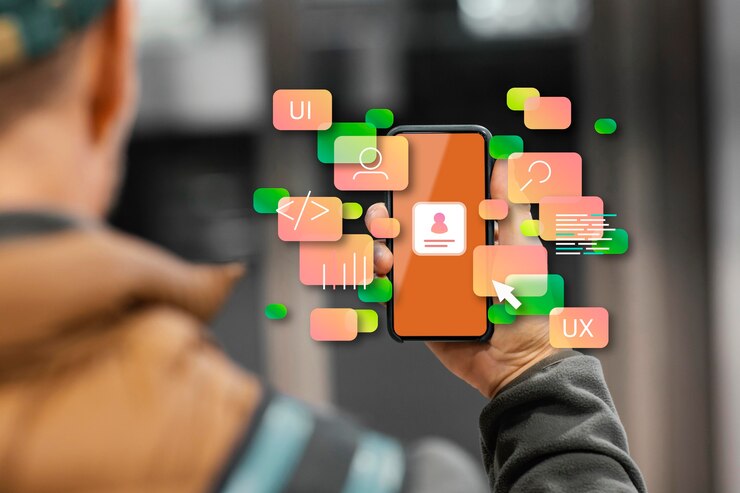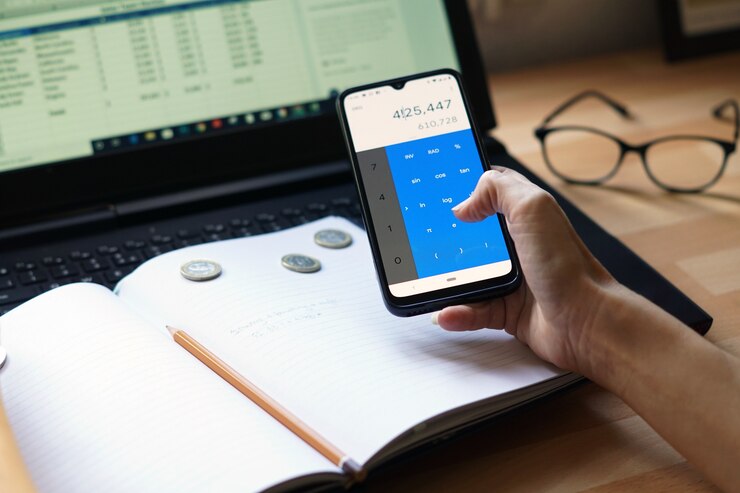In today’s world, technology shapes the way children grow and learn. While screen time often raises concerns for parents, it can also be a valuable tool when used wisely, especially with apps designed to support children’s education and development. These apps not only make learning enjoyable but also help kids build important skills such as problem-solving, creativity, and critical thinking. In this article, we’ll explore how educational apps benefit children and highlight some of the best examples.
Why Educational Apps Matter
When used carefully, technology can be a powerful way to enhance learning. Educational apps give kids the chance to explore different subjects in a way that’s interactive and engaging, often going beyond what they encounter in a traditional classroom. This kind of learning helps children stay focused and makes it easier for them to understand and remember concepts.
For example, research shows that children who use apps designed to improve literacy or math skills often perform better in those areas. These apps present lessons in fun, interactive ways that keep children engaged. Additionally, many apps adjust to a child’s learning speed, ensuring that the content isn’t too easy or too difficult, which can be especially helpful in keeping them motivated.
Categories of Educational Apps
There are many types of educational apps, each designed for different learning styles and age groups. They typically fall into a few main categories:
Literacy and Language Learning
Learning to read and write is one of the most fundamental skills for young children. Apps like Reading Eggs and Teach Your Monster to Read help kids develop their reading skills through interactive stories and games. These apps use bright characters and rewarding activities to teach everything from letter recognition to forming full sentences, making the process fun and less stressful.
For older kids, or even adults, apps like Duolingo are useful for learning new languages. With more than 30 languages to choose from, including popular ones like Spanish and French, Duolingo breaks the process down into small, manageable steps. The app uses quizzes and game-like elements to help users practice their reading, writing, and speaking skills, making language learning a natural and enjoyable activity.
Math and Problem Solving
Math is a subject that some kids find challenging, but apps like DoodleMaths and Prodigy Math Game make it easier. Prodigy Math Game, for instance, turns math problems into a fantasy adventure, where children solve problems to cast spells and defeat enemies. This kind of immersive experience helps kids stay interested while practicing math, a subject that can sometimes feel tedious.
For younger children, simpler apps like Puzzingo Toddler Kids Puzzles introduce problem-solving and logic through colorful, easy-to-understand puzzles. These types of apps help lay the groundwork for critical thinking and cognitive development, while keeping the experience light and enjoyable.
Science and Exploration
Children are naturally curious about the world, and science apps are a great way to feed that curiosity. With apps like Star Walk 2, kids can point their devices at the night sky to identify stars, planets, and constellations. This makes astronomy fun and accessible, offering a visually captivating way for children to explore space.
Another fantastic app, Barefoot World Atlas, allows kids to discover the world by exploring an interactive 3D globe. Through this app, children can learn about different cultures, countries, and geographical features. These apps give young learners a hands-on way to understand subjects that might otherwise seem abstract or distant.
Creativity and Arts
Not all learning comes from textbooks. Creative apps allow children to express themselves and explore their artistic sides. Magic Piano by Smule teaches kids how to play music by following light cues on a virtual keyboard, introducing them to both popular songs and classical music in a playful way. This app is a fun way to improve hand-eye coordination and nurture a love of music.
Similarly, apps like Little Writer help younger children practice drawing letters and shapes, improving both their creativity and motor skills. These apps combine learning with fun, making it easier for children to focus and develop important skills in the process.
General Knowledge and Critical Thinking
There are also apps designed to help children develop general knowledge and critical thinking. Khan Academy Kids offers lessons across a range of subjects, including reading, math, and logic. The app is designed for children between the ages of 2 and 8, with lessons presented in a fun and engaging way that doesn’t feel like traditional schoolwork.
Another popular app, Endless Alphabet, helps children expand their vocabulary through interactive puzzles. The app presents new words and explains them using funny monsters and animations, making it easier for children to remember what they’ve learned. These types of apps not only reinforce what children learn in school but also encourage them to think critically and solve problems independently.
Balancing Educational Apps with Screen Time
While educational apps offer numerous benefits, it’s crucial for parents to ensure that screen time is balanced with other activities. Too much screen time, even with educational content, can have negative effects. This is where parental controls can be helpful. Features like iPhone app restrictions allow parents to manage how long their children spend on specific apps and set limits on overall screen time.
On an iPhone, parents can use Screen Time to set daily time limits for specific apps, ensuring that kids aren’t spending excessive time in front of a screen. These settings allow parents to block certain apps during study time, making it easier for kids to focus on their homework without distractions.
Not all educational apps are entirely free from distractions, though. Some have in-app purchases or ads that can interrupt the learning experience. To prevent this, parents can use a parental control app for their kids, which filters out inappropriate content and ads. This way, parents can ensure that their children’s screen time remains productive and focused on learning, rather than being interrupted by irrelevant content.
Encouraging Healthy Digital Habits
As beneficial as educational apps can be, it’s essential for parents to teach their children how to use technology in a balanced way. Apps alone cannot replace the importance of hands-on learning, physical play, and social interactions. By setting reasonable limits and guiding children on when and how to use their devices, parents can help ensure that technology supports their child’s overall development without taking over.
Parental controls are a great tool for managing screen time and content. Whether it’s using app restrictions or installing a parental control app for your kids, parents can keep track of what apps their children are using, how long they’re using them, and whether the content is appropriate. These tools provide peace of mind, allowing parents to step in when necessary without completely cutting off access to the digital world.
Conclusion
Technology, when used properly, can open up a world of learning and development for children. Educational apps help make learning fun, engaging, and interactive, whether it’s practicing math, exploring space, or learning a new language. By combining the benefits of these apps with thoughtful guidance and appropriate restrictions, parents can foster a healthy, well-rounded approach to both education and screen time.
ALSO READ: Uplift Your Video’s Aesthetics By Using an AI Video Background Remover















